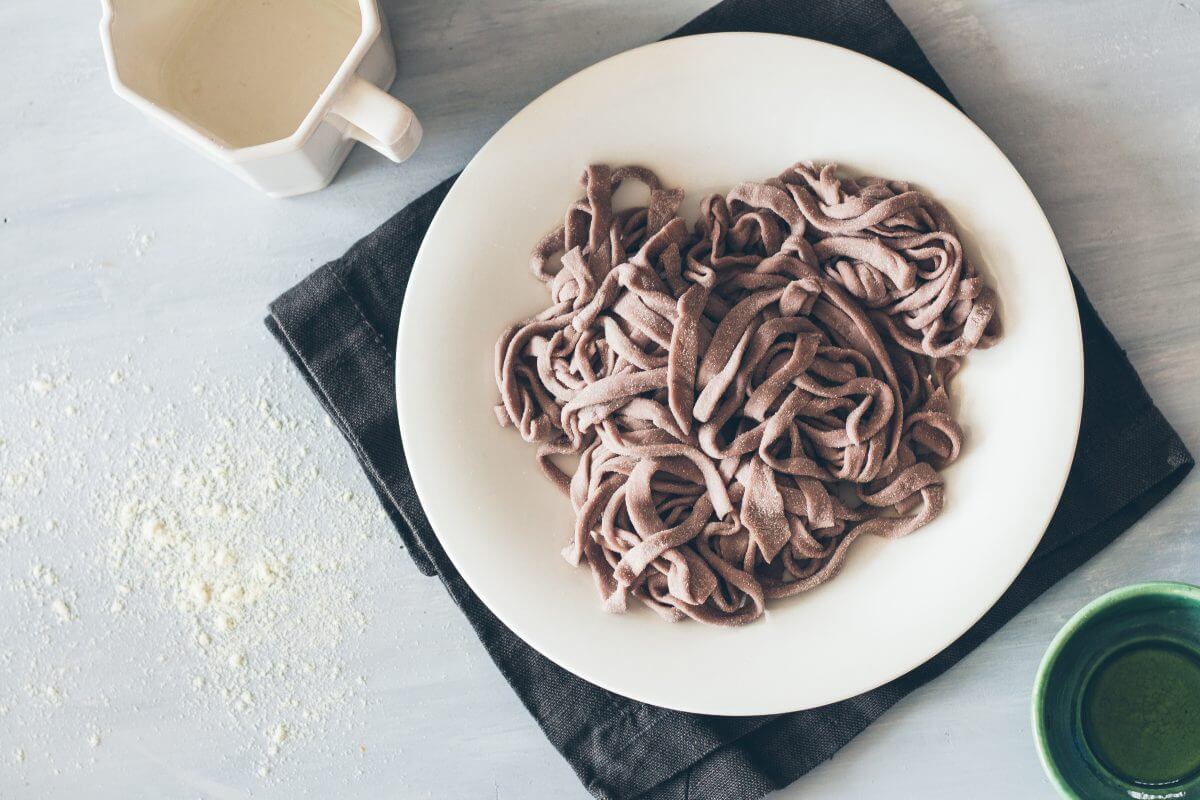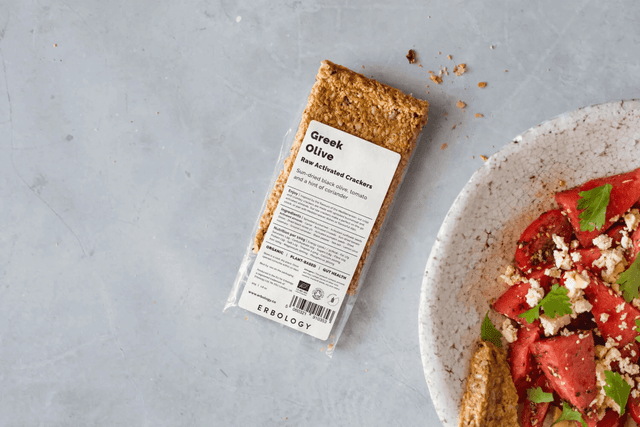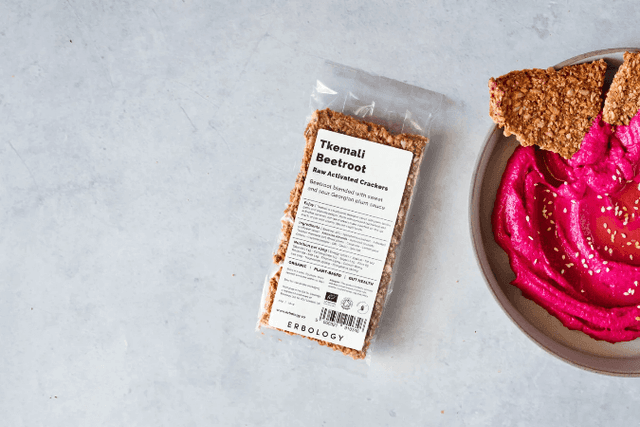23 Dec 2019
Is gluten bad for you?
Firstly, what is it?
Gluten is the name of a group of proteins that appear in foods like wheat, barley, rye and oats. Foods made from these ingredients will contain it, too, which is why it’s common in bread, pasta and pastry.
Gluten helps to give foods a structure, for example, when we make bread. Before baking, we must knead the dough in order to build up the strands of protein which will help the loaf rise and hold its shape. This ability to help keep things well-structured may be where the name 'gluten' comes from; in Latin, it means 'glue'.
One of the reasons that gluten is so common is that foods that contain it tend to be cheap to produce. That makes it a good investment for food companies, but also in other industries. For example, some lip balms, soy sauce, sauce mixes and many other products also contain it.
When your body fights itself
For some people, eating gluten can cause a severe reaction. These people suffer from an intolerance, or celiac disease. Gluten stops their bodies from absorbing nutrients from other foods, and affects the lining of the small intestine.
They may also experience anaemia, and are at a higher risk of conditions like multiple sclerosis, fertility issues and weakened bones. Celiac disease is also associated with autoimmune disorders such as thyroiditis.(1)
Autoimmune disorders occur when your immune system mistakes your own cells as intruders. It triggers an immune response which attacks and tries to eliminate the cells it considers to be dangerous, damaging your own body in the process.
In short, it's very difficult for these people to lead a normal, healthy lifestyle if they continue to eat gluten. For this reason, many celiacs must remove it from their diet altogether.
Related reading
-
Gut health: How gut microbiome impacts mental wellbeing
-
What is immunity and how your immune system works
'Leaky gut'
Your gut is a highly sophisticated organ. Among other things, it allows you to absorb nutrients from food. It also helps to keep germs and unwanted substances out of your system.
In celiacs, the gut is sometimes less able to perform this function, allowing more potentially harmful substances into your body. This is due to a protein called zonulin. Regardless of whether you suffer from celiac disease, your body won't be able to fully digest all the gluten you consume. The undigested leftovers trigger the release of zonulin, which loosens the connections between the cells of your gut wall. This creates extra space for unwanted visitors to pass through.(2)
One such visitor is gliadin, a compound found in gluten. Once in your bloodstream, your body can mistake gliadin for its own tissue, potentially triggering an immune response which also attacks your own cells.
In this way, gluten is a bit of a Trojan Horse for celiacs. It tricks the gut into opening up, which then allows harmful substances to get past its defences.
Streusel granola and coffee muffins
Autoimmunity issues
Research suggests that, aside from celiac disease, gluten may affect other autoimmune gut diseases like Crohn's Disease and inflammatory bowel disorder (IBS). Without it, your body might be better able to fight what it really needs to fight.(3)
Further, another study suggested that people who do not have celiac disease, but report sensitivity to wheat, may have higher than normal tendencies towards suffering from autoimmune diseases and exhibiting relevant antibodies.(4)
Interestingly, yet another study observed that autoimmune responses to gluten were different in people suffering from celiac disease and people with a sensitivity towards it. They did not simply experience different levels of the same biochemical reaction, but a different response altogether. This suggests that the mechanisms of celiac disease and intolerance are different.(5)





